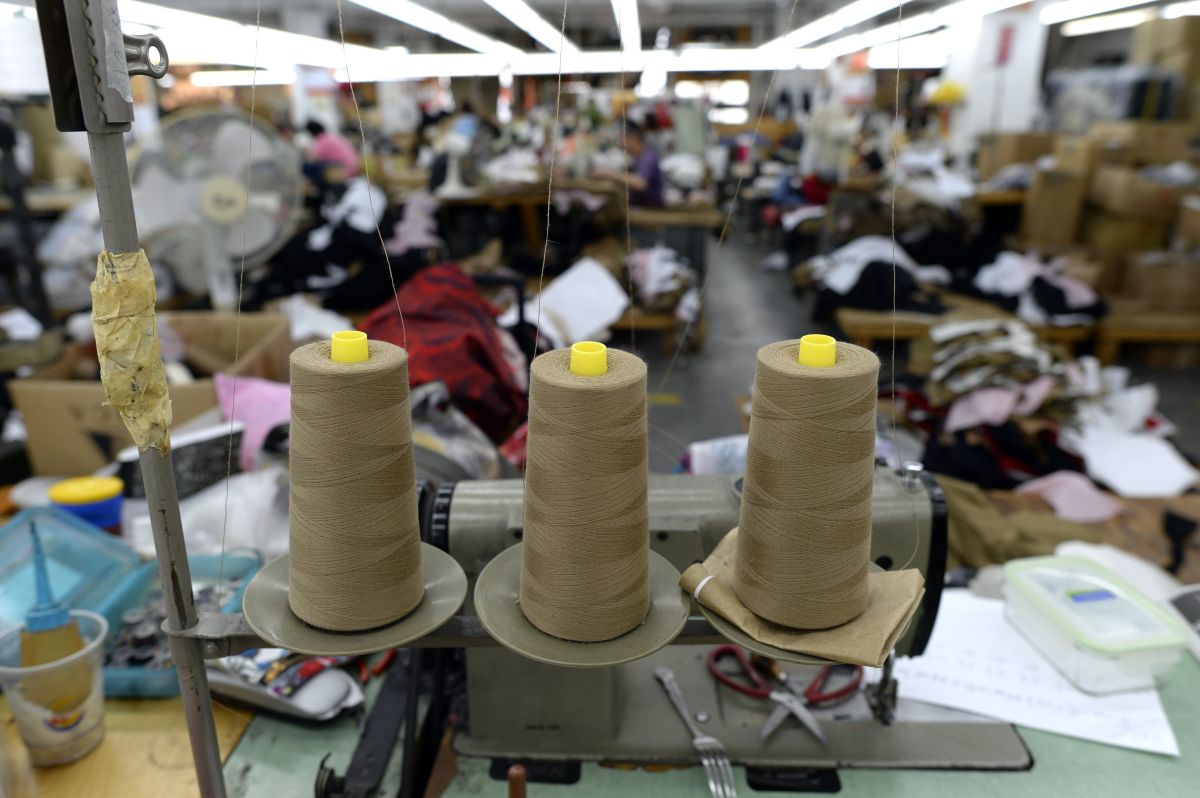Every day, each of us starts the morning with the question: what am I going to wear? But the question we don’t always ask ourselves is: what did it take to make these clothes?
The answers to those questions are often answers we don’t want to hear. The reality is that too often the people who make our clothes are not given fair employment, fair treatment or fair pay to work in an industry that is vital to our economy and our daily lives.
Conditions in garment factories run by bad actors need to be addressed. Sectors of the industry are plagued by abuse, mistreatment and unacceptably low wages. Women, who are leaders in this industry, disproportionately experience the impact of this abuse.
This is an unacceptable reality that we must address.
That is why I introduced the legislation, the FABRIC Act. The FABRIC Act means Fashioning Accountability and Building Real Institutional Change, and that is what this legislation will do. The FABRIC Act will modify the piece rate pay scale to guarantee a minimum wage for all garment workers. Manufacturers and good players can continue to pay per piece above the minimum wage, allowing workers to increase their wages. This will allow fairness and guarantee a minimum wage throughout the industry.
The Fabric Act also includes a registry of manufacturers, with the Department of Labor, which allows both brands and consumers to see what manufacturers are in compliance, creating more transparency across the industry. This, along with accountability for wages throughout the supply chain, will help make the American apparel industry much more equitable and sustainable.
As we make these changes, we also need to support the expansion of the industry here in the United States.
Since the mid-1990s 1990, China has gained approximately 1.25 million jobs in clothing manufacturing , while the industry languishes here in the US Here in Manhattan, we saw a 84 percent decline in clothing manufacturing jobs between 2001 and 2020.
This legislation would help restore the sector of US apparel manufacturing by providing tax credits for apparel brands and manufacturers that relocate their operations to the US And would also create a program of grants for domestic manufacturing intended to revitalize the industry, giving more people the opportunity to support American companies.
The FABRIC Act is going to change the industry, and I am so proud to be endorsed by some of the biggest industry leaders, including Mara Hoffman, Reformation, New York Embroidery Studio, Remake, Fashion Revolution and many, many more.
This legislation will help ensure that when we go to our closets in the morning and look for something to wear, we will find clothes made in America and made fairly. Working together, we will revitalize an industry that is vital to America.
Kirsten Gillibrand is a Democratic Senator from New York
